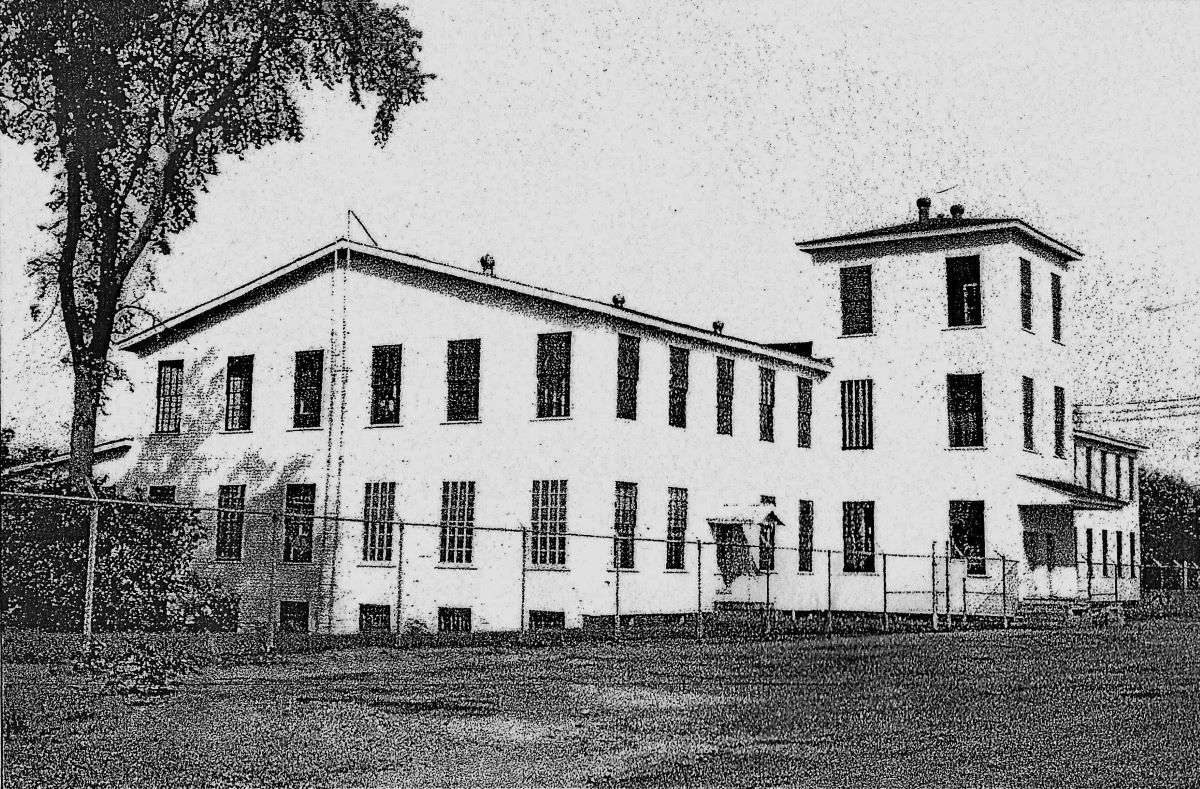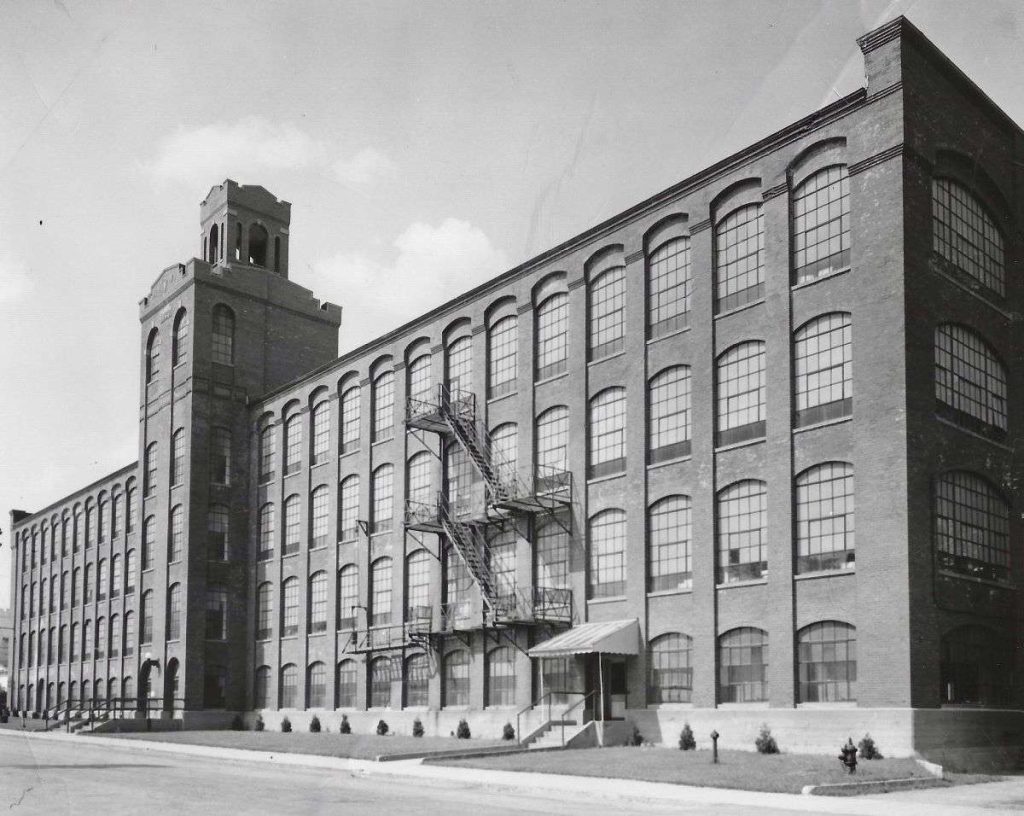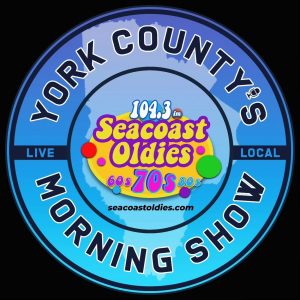How the Jagger Mills Came to Be
- March 15th 2024
- History

Jagger Brothers Mill in South Sanford
Photo: Jagger Brothers
By Lawrence Furbish
One could say it really began when Uriah Barstow Jagger, responding to an invitation in a letter from Tom Goodall, arrived in Sanford from Bradford, England in 1884. He went to work as the superintendent of the Goodall worsted spinning mill. Worsted is wool made from long fibers and is superior for making tougher and longer-lasting cloth. Uriah had two sons, Sam and Fred, who both began working for their father in the mill. In 1898, the two brothers formed a “handshake” partnership and set up shop in the Butler and Clark shoe factory building near Bridge Street in Springvale.
David Jagger made time to talk about his family’s century-plus history in the wool business while the sale of the mill’s current building moves toward closure.
In 1899, Sam and Fred temporarily moved to Shickshiny, Penn., and bought a small worsted textile mill. By 1901, they were back in Sanford, moving their equipment from Pennsylvania to Springvale. The Company’s name became Jagger Brothers. Sam left Goodall to run the company while Fred remained at Goodall for the remainder of his working career. He sold his shares of the company to Sam in the early 1930s.
In 1906, the brothers bought the Willard Mill Privilege in South Sanford on what later became Jagger Mill Road. “Privilege” is an old colonial term that refers to the legal right of the owner to dam a river, in this case, the Mousam River. There were a number of privileges along the Mousam listed in Sanford’s early history. The Willard Privilege dated from 1758 and it had been a sawmill and a grist mill. It was dilapidated when the brothers bought it and was torn down; they built a new dam and a factory. Apparently, the new dam raised the water level and records show Sam paying sums of money to a number of local farmers, probably for flooding their land.
In 1923, they enlarged the factory and in 1950 built a warehouse. At first, the company’s machinery was powered by water, but beginning in 1938, they began purchasing electricity from the York Utilities Co. to supplement water power and by 1954, they no longer used water power at all.

Jagger Brothers Mill in Springvale
Photo: Russell J. Goodall
In 1956, the company purchased the former Maine Alpaca Mill on the corner of Water and Mill streets in Springvale. The mill had been originally built around 1840 out of wood, with a bell tower and a bell. It was rebuilt in the 1920s from brick, and the bell and tower were retained. The large bell rang on the hour for many years. It is said when the company hired a new manager, he was asked how he was adjusting to his new position. He said fine, “except there is this darned bell that rings all the time and wakes me up at night.” When he was told that the bell was in his factory, he made sure it ceased ringing. This, in turn, displeased many Springvale residents who used the bell to tell the time of day. The bell is now in the courtyard of the Springvale Library.
Sam had six children; the three boys, Winston, Allan and Robert, all worked for Jagger Brothers, taking over management after Sam’s death in 1948. Allan’s son, David, and Winston’s son, Tom, in their turn, took over management of Jagger Brothers. Tom retired in 1994 and was bought out by David, who has run the company since. David recently made the difficult decision to sell the building.
Jagger Brothers shut down its yarn spinning operation in 2019 and supported the creation of a new business, Worsted Spinning New England, run by President Greg Fall. (The Jagger Spun Yarns store on Water Street in Springvale is open every Thursday 9:00 a.m. to 2:00 p.m. and the second Saturday of the month 10:00 a.m. to 2:00 p.m.) – corrected March 29,2024
Fall is making arrangements to move operations elsewhere and plans to retain the eight current employees.
“We expect to continue spinning at a new location,” said Fall, whose business processes bales of wool and other fibers into yarn and sells the colorful product to home knitters and industry customers.
Fall says he is deeply grateful to Jagger for supporting the startup of his business, which was born of his own deep family roots in agriculture.
“I could not have opened here without David. He has been hugely supportive and gave me a deep discount,” he said. He added that he has acquired two prosperous wholesale fiber businesses to support the transition to a new location.







